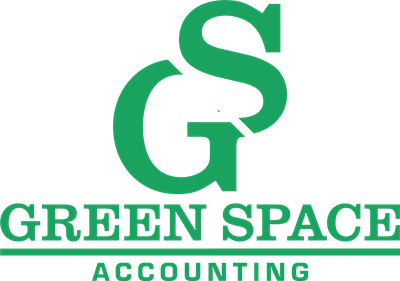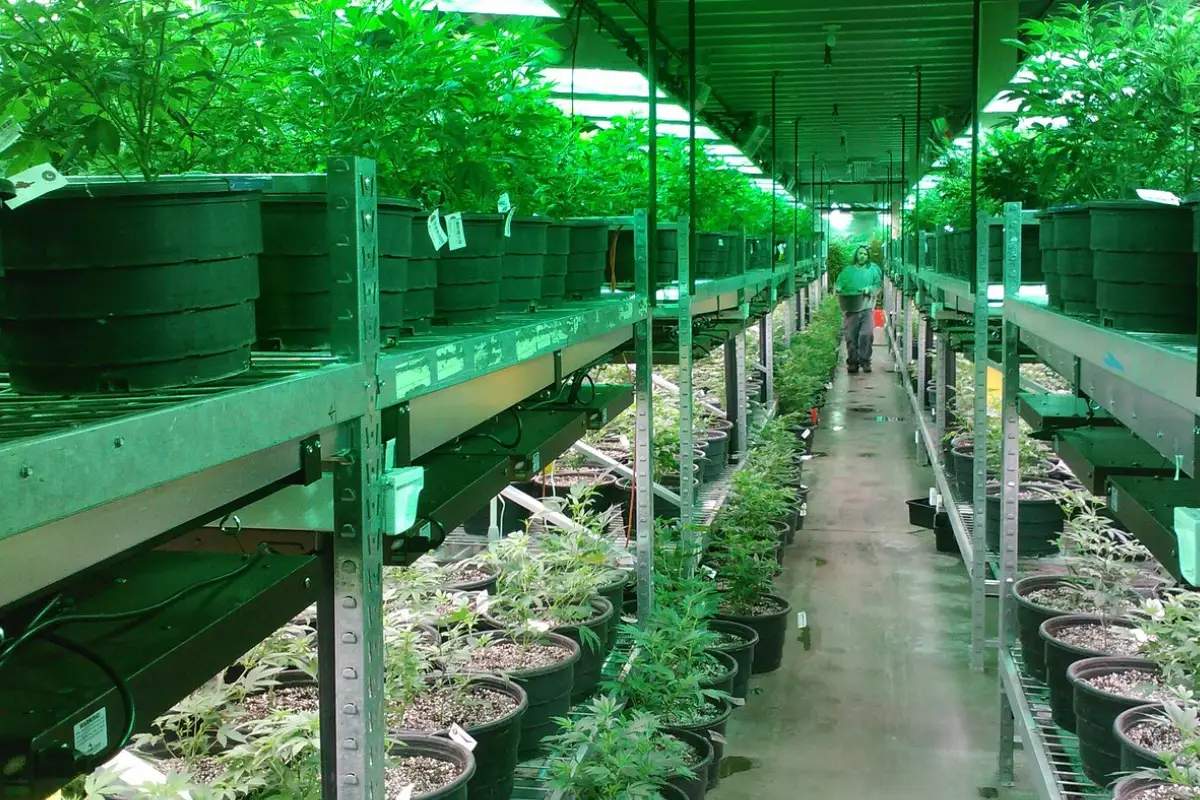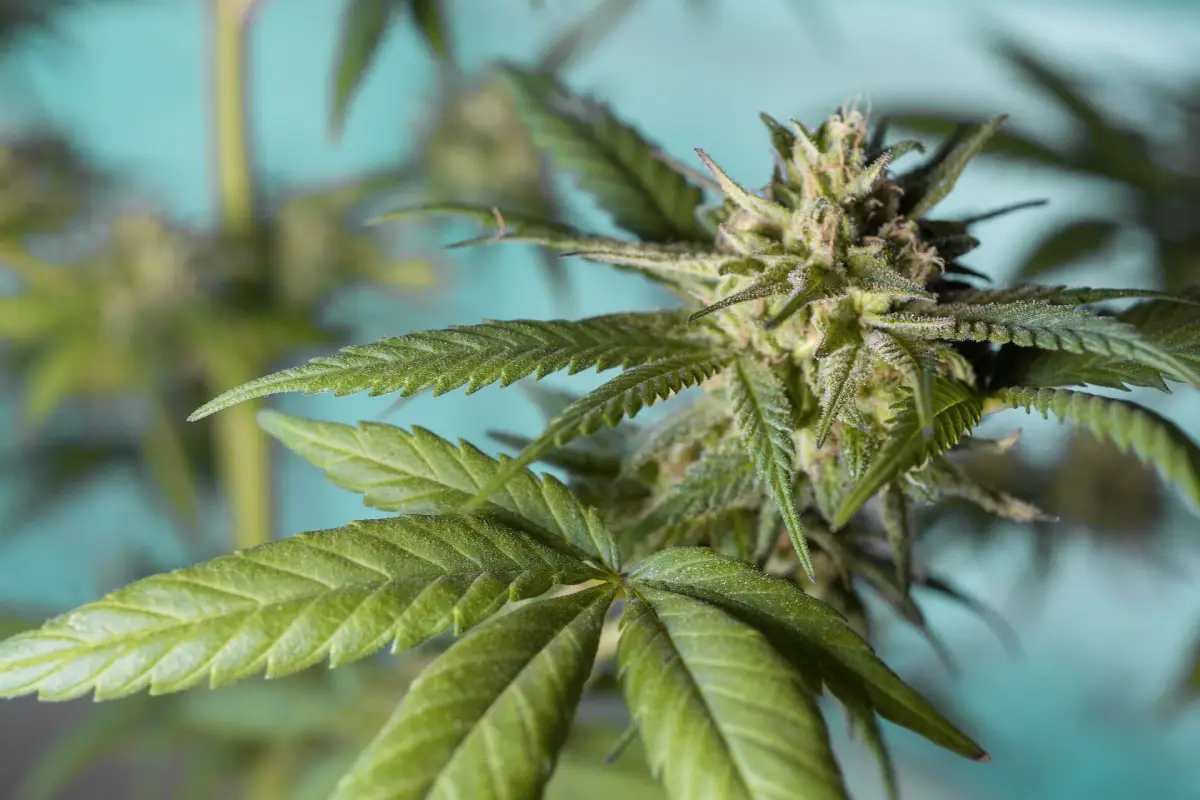
There are several companies in the cannabis industry looking for tax breaks, loopholes, and strategies to optimize their finances.
If you’re one of these companies then you know how crucial it is to increase and direct your revenue in the right areas of the business due to the high costs placed on the business by regulators.
Incorporating IRC 471 cannabis cost of goods sold calculation can enhance your financial health, especially for taxes. To minimize your tax liability, you can either calculate all the business operations finances yourself or work with an accountant.
Whether you choose one or the other, there are complex financials to consider and calculate within the business that’s not easy.
This article further outlines the factors of IRC 471, how the Internal Revenue Code Section 280E influences companies, and ways to optimize COGS for proper accounting.
Understanding IRC 471 COGS
IRC 471 refers to Internal Revenue Code Section 471, which outlines the rules for determining the Cost of Goods Sold (COGS) for tax purposes. For cannabis companies, the calculation of COGS is crucial for determining their taxable income.
COGS includes the direct costs associated with the production of goods, including the costs of raw materials, labor, and overhead directly related to the production process.
Cannabis businesses can learn to calculate their COGS through IRC 471 to ensure they maximize their cash flow by deducting their direct costs coinciding with producing and acquiring inventory.
How 280e Influences Cannabis Companies Into IRC 471
Why optimize your finances and deduct certain costs associated with inventory? IRS 280e Code prohibits you from deducting normal expenses within your cannabis business that other traditional businesses can deduct normally.
Those of you with a cannabis company, know it’s challenging to not have normal deductions of expenses and costs within the business since there are many fees taxed on the business, in part due to the 280E Internal Revenue Code.
To combat the problem, IRC 471 allows cannabis companies to calculate their COGS since that’s what they can deduct. This lowers their taxable income making the business have a healthier financial record, especially in tax season.
Types Of Cost Of Goods Sold For Cannabis
There are several types of costs of goods sold that different cannabis companies can deduct from the business, but all won’t be the same. We compiled a list of potential COGS for distinct cannabis businesses.
Cost Of Goods Sold For Dispensaries
Cannabis dispensary cost of goods sold have distinct expenses and costs. Many dispensaries may potentially deduct the COGS listed below.
These cost of goods sold can include:
- Cost of Cannabis Inventory: This includes the actual cost of purchasing cannabis products from suppliers or cultivators. It encompasses the wholesale cost of the cannabis flower, edibles, concentrates, or any other products that the dispensary sells.
- Transportation Costs: Dispensaries may incur costs related to transporting cannabis products from suppliers to the dispensary location. This includes shipping, delivery, and transportation fees.
- Testing and Quality Assurance: Some jurisdictions require cannabis products to undergo testing for potency, contaminants, and quality. The costs associated with testing and ensuring product quality may be included in cannabis testing fees costs of goods sold.
- Packaging Costs: The packaging of cannabis products, including labels, child-resistant packaging, and other packaging materials, is part of the COGS.
- Security and Compliance Costs: Dispensaries often have security measures in place to comply with regulatory requirements. Costs associated with security systems, compliance software, and other measures may be considered part of the cannabis accounting security as cost of goods sold.
- Utilities: Costs associated with utilities required for the operation of the dispensary, such as electricity and water, may be factored into the COGS.
Cost Of Goods Sold For Cultivators
Cultivators have their own set of possible deductions for those of you in the cultivation business.
These include the following:
- Electricity: These are any electricity incorporated in growing the plant from lighting, air filtration systems, and others.
- Water: Any water associated with growing the cannabis plant such as cleaning and feeding.
- Testing and Equipment: Testing equipment for cannabinoids, terpenes, and other plant matter that includes HPLC systems with UV detectors, mass spectrometry (MS), nuclear magnetic resonance spectroscopy (NMR), and others.
- Soil for Growing Plants: Any soil needed to grow the cannabis plant and related materials.
- Labor Costs: Labor costs of growing the cannabis plant from seed.
- Housing to Grow Plants: These are indoor grow houses and greenhouses.
- Inventory Equipment: Any inventory needed to grow the plant from shelving, machinery, and others.
- Inventory Software: A seed-to-sale software system is likely to be incorporated under COGS and related software.
The COGS for cultivators is different for many cannabis cultivation companies since not all have the same costs associated with growing the plant.
There may be other costs associated with growing the cannabis plant that can be considered COGS for cannabis producers.
Cost Of Goods Sold For Processing and Manufacturing
The Cost of Goods Sold (COGS) for processing and manufacturing businesses in the cannabis industry includes the direct costs associated with converting raw cannabis material into finished products.
These include the following:
- Labor Costs: Direct labor costs associated with the manufacturing process, including wages for employees involved in extraction, processing, formulation, and packaging.
- Solvents and Extraction Costs: Expenses related to the use of solvents or extraction methods in the process of creating cannabis extracts or concentrates.
- Packaging Costs: The cost of packaging materials, labels, and any other components required for packaging the finished cannabis products.
- Utilities: Expenses related to utilities required for the operation of manufacturing facilities, such as electricity, water, and gas.
- Equipment Costs: Costs associated with purchasing and maintaining equipment used in the manufacturing process, including extraction machines, distillation equipment, and other machinery.
Cost Of Goods Sold For Testing Laboratories
COGS for testing laboratories in the cannabis industry includes the direct costs associated with conducting tests on cannabis products for potency, contaminants, and quality assurance.
These include:
- Labor Costs: Direct labor costs associated with conducting tests, including salaries for laboratory technicians, analysts, and other staff involved in the testing process.
- Testing Supplies and Equipment: Costs associated with the purchase and maintenance of testing equipment, laboratory instruments, consumables, and supplies required for conducting tests.
- Calibration and Maintenance: Expenses related to the calibration and maintenance of testing equipment to ensure accurate and reliable results.
- Quality Control Materials: Costs associated with the use of quality control materials and standards necessary for validating and verifying testing procedures.
- Chemicals and Reagents: The cost of chemicals, reagents, and other substances used in the testing process, including those required for detecting contaminants or analyzing potency.
- Reference Materials: Expenses related to obtaining and using reference materials for calibration and quality control purposes.
- Utilities: Expenses related to utilities required for the operation of the testing laboratory, including electricity, water, and other relevant utilities.
Cost Of Goods Sold For Cannabis Distribution
Cannabis distribution COGS are the direct costs associated with the distribution of cannabis products from producers or manufacturers to dispensaries or retailers.
The COGs for cannabis distribution may be:
- Transportation Costs: Expenses related to transporting cannabis products from the producers or manufacturers to the distribution center and from the distribution center to dispensaries or retailers. This includes shipping, delivery, and transportation fees.
- Storage Costs: Expenses associated with the storage of cannabis products in the distribution center, utilities, and any other storage-related costs.
- Security Measures: Expenses associated with implementing security measures to safeguard the transported and stored cannabis products, as required by regulatory standards.
- Employee Compensation: Direct labor costs related to distribution operations, including wages for distribution center staff, drivers, and other personnel involved in the transportation and distribution process.
- Packaging for Transportation: Costs related to packaging cannabis products for safe transportation, including packaging materials, labels, and any other components necessary for secure delivery.
- Software and Technology: Expenses related to the use of software and technology for managing inventory, tracking shipments, and ensuring compliance with regulatory requirements.
These may be the COGS for cannabis companies looking to optimize their financial dollar.
It’s important to note that certain indirect costs, such as administrative overhead, marketing, and general business expenses, are not included in COGS but are considered part of the overall operating expenses of cannabis businesses.
How To Conduct Proper Accounting To Optimize COGS
In conducting proper accounting to optimize your Cost of Goods Sold (COGS), you can do the following:
- Inventory Management Systems: Ensure to incorporate inventory management systems to track inventory and monitor it for smooth cannabis inventory accounting. By monitoring and tracking inventory through a management system, you can allow operators to enhance their purchasing decisions.
- Use Appropriate Accounting Methods: Choose appropriate accounting methods, such as the accrual or cash basis of accounting.
- Follow Consistent Accounting Practices: Be consistent in applying accounting practices and methods. Consistency is important for accuracy in financial reporting and compliance with regulatory requirements.
- Allocate Indirect Costs Properly: Allocate indirect costs appropriately to the COGS. This includes overhead costs, utilities, and other indirect expenses associated with the production, processing, or distribution of cannabis products.
- Divide Direct and Indirect Costs: Clearly distinguish between direct costs (specifically associated with the production or distribution of cannabis products) and indirect costs (general operational costs).
- Tax Planning and Strategy: Work with tax professionals to develop tax planning strategies that optimize COGS deductions. Understand and leverage tax incentives and credits available to cannabis businesses.
These are only a few optimization strategies you can use in navigating COGS for your cannabis business.
When To Hire An Accountant For IRC 471 Cannabis Cost Of Goods Sold?
You can hire an accountant when your business grows larger. The larger your business grows, the more challenging it may be to calculate IRC 471 cannabis cost of goods sold.
Cannabis accountants are the best to work with since they specialize in working with cannabis businesses such as Green Space Accounting.
We help you with cash flow management, payroll, and identifying accurate cost of goods sold for your business.
Accounting can be challenging enough if you’re doing it yourself. With an accountant, you save time and a stressful amount of financial work you don’t have to dive through.
Contact Green Space Accounting to help you with all your financial and accounting tasks.







